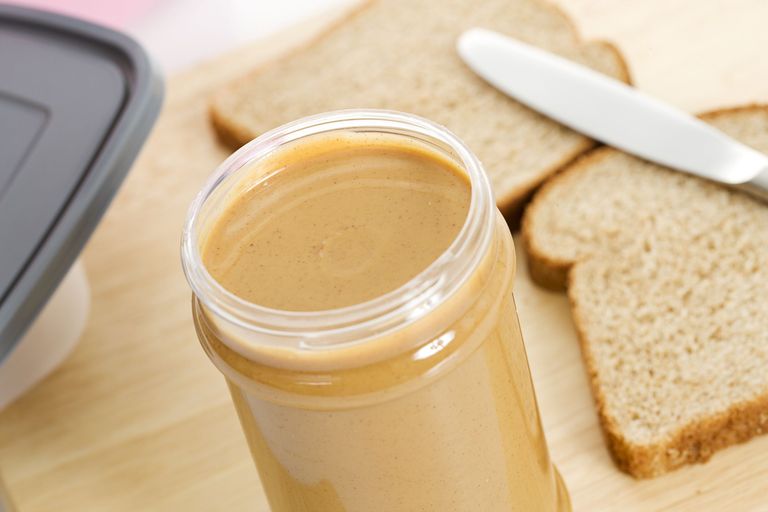Overview
Keeping your cholesterol under control can be tough, especially when you’re not sure which foods are good for your heart and which should be off-limits. Fortunately for everyone who loves peanut butter, almond butter, and other nut butters, these creamy treats are fairly healthy. And as long as they don’t contain hydrogenated fat, nut butters — including peanut butter — won’t cause problems for your cholesterol levels.
Many high-fat foods are also high in cholesterol — think bacon and full-fat cheese. But being high in fat doesn’t necessarily mean cholesterol will follow. As a matter of fact, we get cholesterol only from animal products. So, fatty plant foods such as nuts and avocados have virtually no cholesterol at all!
According to the American Heart Association, nuts are high in protein, fiber, vitamins, minerals, and antioxidants. Some of them, like walnuts, are also a good source of omega-3 fats, which are great for your heart. So nut butters, including peanut butter, contain lots of nutrients and no cholesterol, making for a pretty heart-healthy snack.
Another bonus: The Journal of the American Medical Association reported in a 2002 study that women who consumed peanut butter more than five times per week had significantly reduced risks of type 2 diabetes compared to women who rarely ate peanut butter.
Now let’s compare: When it comes to grinding these nuts up and spreading them on your sandwich, what’s the best bet?
The three most popular nut butters are peanut butter, almond butter, and cashew butter. We’ve compared them side-by-side to find out which packs the most nutritional punch. And it turns out, the race is pretty close.
We compared 1 tablespoon of each unsalted natural nut butter.
| Almond butter | Cashew butter | Peanut butter (smooth) | |
| Calories | 98 | 94 | 96 |
| Cholesterol, mg | 0 | 0 | 0 |
| Protein, g | 3.35 | 2.81 | 3.55 |
| Carbohydrates, g | 3.01 | 4.41 | 3.57 |
| Fiber | 1.6 | 0.3 | 0.8 |
| Total fat, g | 8.88 | 7.91 | 8.22 |
| Saturated fat, g | 0.664 | 1.562 | 1.652 |
| Monounsaturated fat, g | 5.191 | 4.660 | 4.151 |
| Polyunsaturated fat, g | 2.178 | 1.337 | 2.006 |
As you can see, each nut butter has its advantages, but almond wins several categories: It’s the highest in fiber, lowest in saturated fat, highest in monounsaturated fat, and lowest in carbohydrates. None of them contain any cholesterol! It’s worth noting the other differences, too:
- Cashew butter doesn’t pack as much protein and is very low in fiber, but it has less total fat.
- Almond butter has the most calories, but it contains less saturated fat (which you don’t want) and more polyunsaturated fat (which helps improve cholesterol levels).
- Peanut butter wins on protein, and the figure doubles when you choose chunky!
With similar calorie counts, nutrient breakdowns, and low saturated fat levels, any one of these nut butters would be a healthful choice, in moderation.

